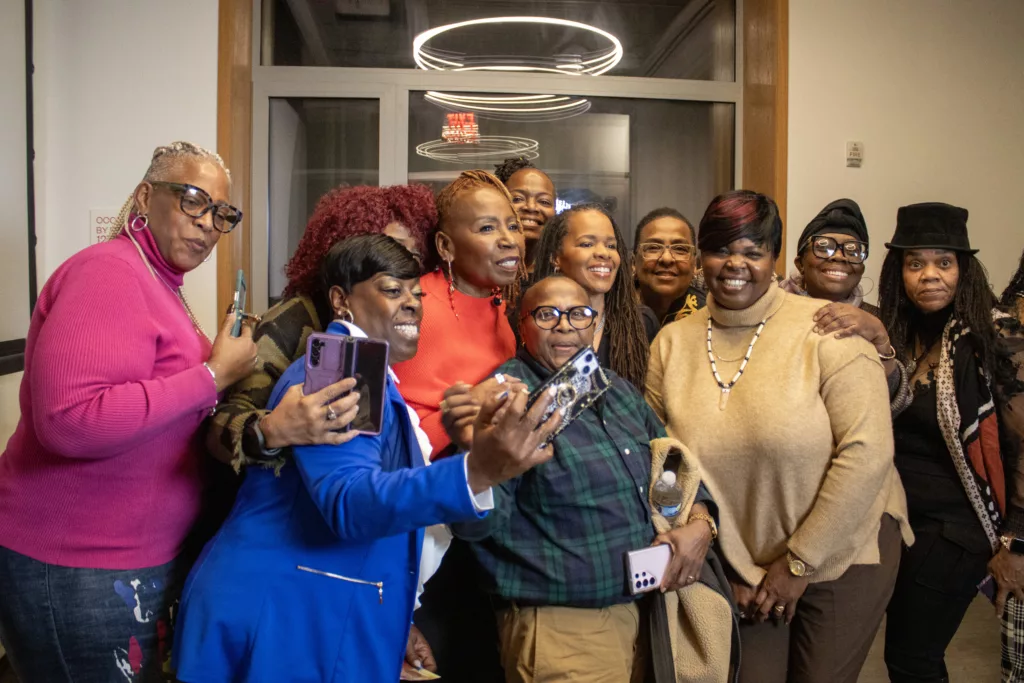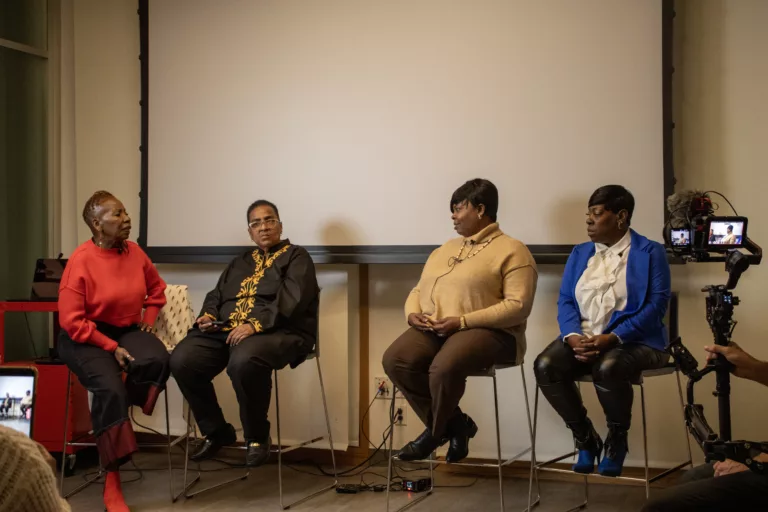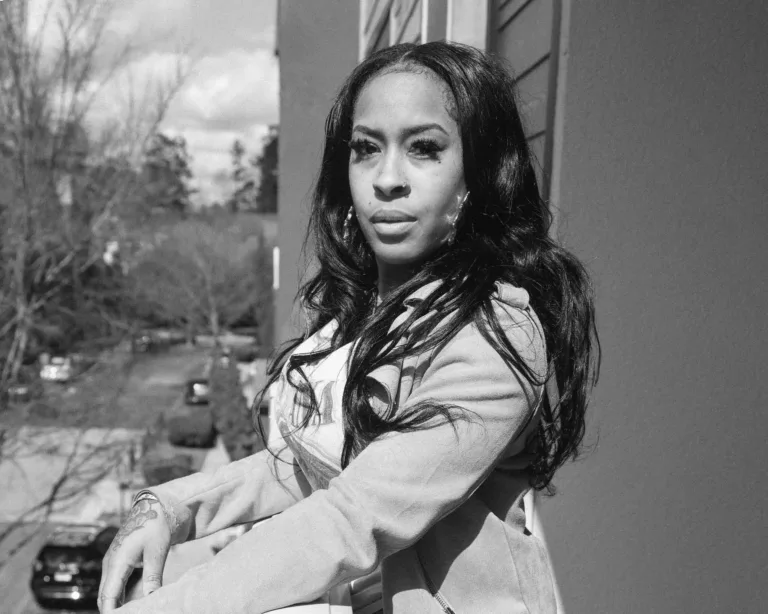For many within the incarcerated population, society often consigns them to a prefixed, monolithic identity—‘prisoner.’ However, within this label, there resides a kaleidoscope of stories untold. The emotions and personal shifts within these experiences often find their voices in the form of activism; it’s as if the determination and resilience of the individual refuse to be contained by their confinement. Stories of resilience and transformation often light the way, like beacons in the darkness in a world riddled with challenges and inequities. Among these narratives, those of formerly incarcerated women stand tall, powerful testimonies to the human capacity for triumph over adversity.
Upon viewing this powerful film, I was deeply moved by the raw and honest portrayals of strength, resilience, and humanity. These stories not only illuminate the often-overlooked struggles of formerly incarcerated women but also highlight their unyielding spirit and determination to redefine their lives. The film serves as a poignant reminder of the power of redemption and the capacity for change, encouraging a societal shift in perception toward empathy and support for these courageous individuals. It truly captures the essence of human resilience, impacting the viewer's heart and mind.

The experiences of Cheryl Wilkins, Ivy Mathis, and Gloria “Mama Glo” Williams are not just stories of survival; they are blueprints for social change. Emerging from a system rooted in violence and trauma, they committed to a remarkable purpose – the reformation of a flawed criminal justice paradigm.
Once released, their actions were revolutionary in their simplicity – they returned to prison, not as inmates, but as advocates for change and as beacons of hope for those left behind. Their experience, combined with visionary fortitude, is redefining societal expectations for women who have faced the adversity of the prison system.
What began as individual journeys to freedom has blossomed into a collective movement, reshaping not just the women's lives at its core but also the policies and social frameworks that govern our communities.
These women are not outliers; they are epitomes of a widespread phenomenon unfolding across the country and the globe. It’s a movement that promises meaningful reform through policy drafts and debates and the power of narrative.
The movement coalesces former inmates as the oracles of societal transformation, their stories the tools that wield power to dismantle the structural injustices that have persisted for generations. It is a narrative of humanism that speaks to shared dignity, healing, and community—a stark contrast to the narrative that has classified these women as societal rejects.
The social justice spotlight often flickers over statistics and legal rhetoric, but the mournful symphony of individual stories presents the unvarnished truth. The reality is that the current penal system and societal structures foster narratives of disposability and unbelonging, particularly for the poor and marginalized.
This narrative of disposability is an insidious poison that pervades our collective consciousness, dictating how we see, understand, and treat individuals who have faced incarceration. It is a narrative that must be disrupted, and formerly incarcerated women have emerged as the disruptors-in-chief, steering the discourse towards a horizon of equitable justice and societal reintegration.
For these women and the countless others like them, the daily challenge is not just to rebuild their lives, but to redefine what it means to coexist in a society that had once cast them aside. Their ulterior mission is one of rehabilitation not confined to the boundaries of prison walls but as an ethos permeating the very essence of our justice system.
By reclaiming their stories, these women have gained the narrative power to redefine the notions of judgment, punishment, and redemption that form the basis of our societal institutions. Through their persistent advocacy, they have forged a new understanding of grace and forgiveness.
Acknowledging the impact of formerly incarcerated women is not just an ideological statement; it is a call to action, an insistence that the narrative of rehabilitation and reintegration be indelibly woven into the fabric of our societal discourse.
This emerging narrative challenges us to confront our implicit biases and institutional lacunae, to reimagine policies and practices that perpetuate cycles of poverty and reoffending. It compels us to act, not just in the interest of those who have paid their dues to society but for the collective betterment founded upon the principles of empathy and opportunity.
As we shape the future of our society, it is paramount that the voices and stories of formerly incarcerated women be not just heard, but amplified. They urge us to question the established norm, to challenge the narrative of disposability, and to recreate a society founded on principles of inclusion and justice.
The task at hand is to leverage their experiences as beacons guiding us towards a more equitable future. By doing so, we are not just reshaping the lives of these remarkable women but are carving out a path for societal renewal—one narrative at a time.
Dr. Kerry Mitchell Brown leads an organizational development consulting firm that partners with leaders and organizations to solve complex organizational and people challenges that interfere with strong, sustainable results and longterm organizational health. Dr. Brown has extensive experience in issues of racial equity, organizational development, and capacity building and has supported numerous organizations that center and prioritize confronting racism, specifically anti-Black racism, in analysis and action. Dr. Brown currently serves as the Senior Vice President of Finance and Operations at Race Forward.



